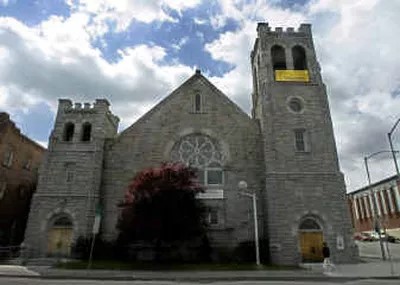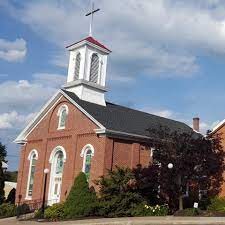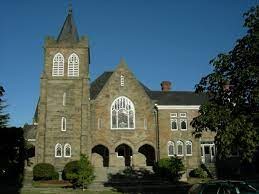Conservative Congregational Christian Conference

The Conservative Congregational Christian Conference is an evangelical denomination with conservative theology. The denomination includes member churches that are independent Community Churches, Congregational Churches, Christian Churches, Reformed Churches and Evangelical Churches.
The member ministers of the Conservative Congregational Christian Conference come from different backgrounds. They are all dedicated to the basic doctrines of the Christian faith. The members have strong convictions to the Bible; they do not however, believe that Christians should divide over consequential issues.
The Congregational Christian Conference believes the mission of the church is the worship of God, the edification of the saints, and the evangelization of the world. They encourage Biblical witness by the church and promote the principles of Scripture for self-governing for all local churches.
History
The founder of the Conservative Congregational Christian Conference was H. B. Sandine who started the process in 1935. H. B. Sandine was a pastor in Hancock, Minnesota at the Congregational Christian Churches. He believed the church had departed from their beliefs and practices of Congregationalism. A conservative Congregational Christian Fellowship was organized at Chicago in 1945. A merger involving Congregational Christian and Evangelical and Reformed churches hastened the reorganization of the Congregational Christian Church into the Conservative Congregational Christian Conference in 1948.
Belief
The Congregational Christian Conference believes the Bible contains both the Old and New Testament. They believe the Bible is inspired, inerrant, infallible, and the authoritative Word of God.
They believe there is one God, that exists in three persons; the Father, the Son and the Holy Ghost. They believe in the deity of Jesus, His virgin birth, His sinless life, His miracles, His atoning death through His shedding of blood, His bodily resurrection, His ascension to the right hand of the Father, and in His personal return in power and in glory.
They believe in the ministry of the Holy Spirit by His indwelling power and fullness in Christians which enables them to live a godly life in this present evil world. They believe the Holy Spirit regenerates the sinful lost man for salvation.
They believe in the resurrection of both the saved and the lost. They believe the saved will be unto the resurrection of life and the lost unto the resurrection of damnation.
The Congregational Christian Conference believes in the spiritual unity of all believers in Christ and that Jesus Christ is the Head of His body. They believe the body of Christ is the Church universal, which includes each local church. It is believed each local church is a complete church and possesses all the responsibilities and rights of the church by the Holy Spirit as it is written in the Holy Scriptures. They believe each local church is answerable only to Jesus Christ, not to any association or any type of ecclesiastical body of men. They do believe it is beneficial for each local church to inquire about and seek fellowship with other local churches of like kinds.
Cite Article Source
MLA Style Citation:
Holstein, Joanne “Conservative Congregational Christian Conference:.” Becker Bible Studies Library Jan 2006.<https://guidedbiblestudies.com/?p=2662,>.
APA Style Citation:
Holstein, Joanne (2006, January) “Conservative Congregational Christian Conference:.” Becker Bible Studies Library. Retrieved from https://guidedbiblestudies.com/?p=2662,.
Chicago Style Citation:
Holstein, Joanne (2006) “Conservative Congregational Christian Conference:.” Becker Bible Studies Library (January), https://guidedbiblestudies.com/?p=2662, (accessed).


